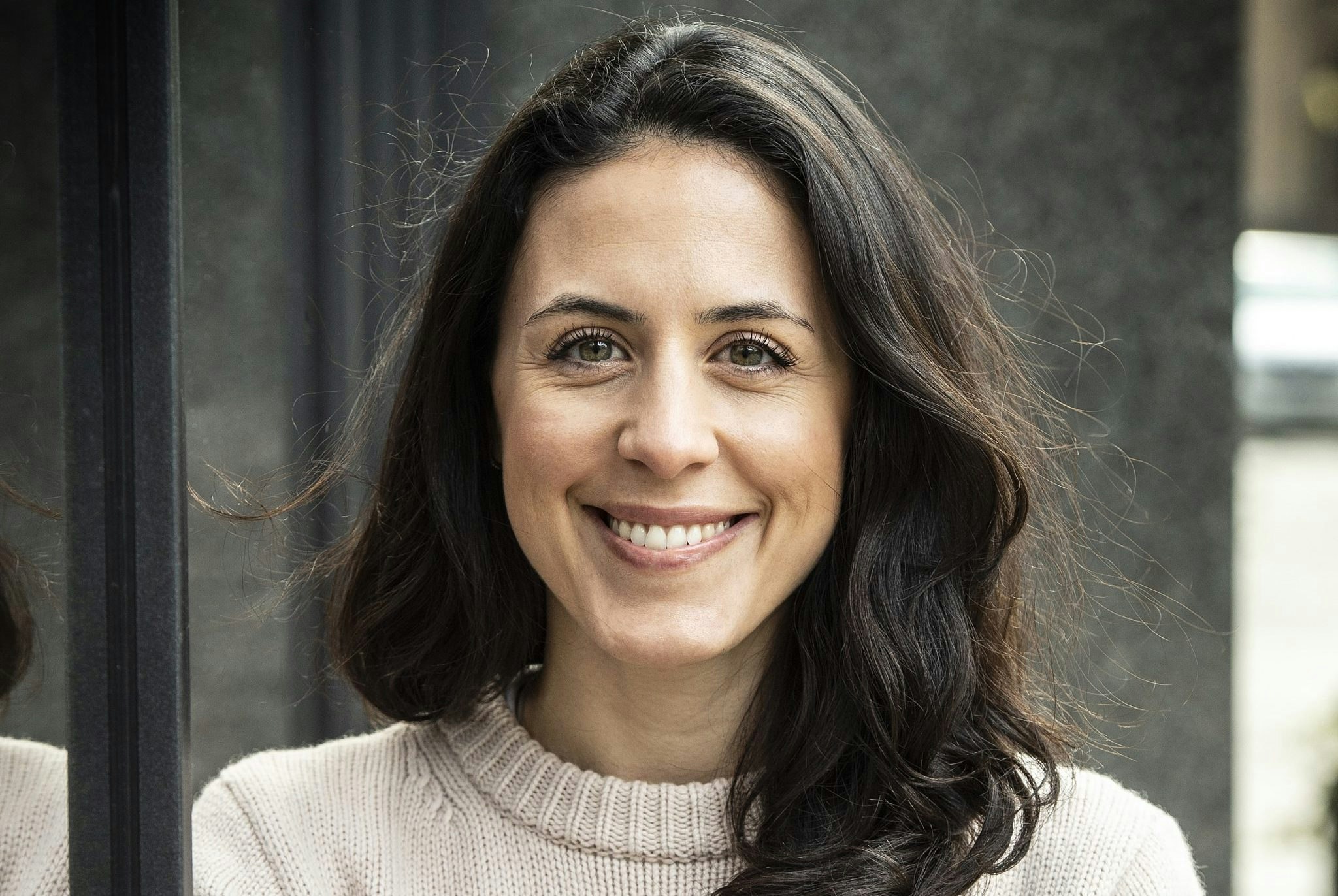Last week, digital health scaleup Kry (also known as Livi in France and the UK) held a general meeting for shareholders to vote on a simplified capital structure. The proposed changes included diluting common shares by 78% while converting more than half of the preferred shares to common shares and all convertible notes into shares.
(If you’re keen for a deeper dive into the difference between common and preferred shares and convertible notes, have a read of our cap table explainer.)
The new capital structure was officially approved with a 99.3% majority vote from participating shareholders, but a few shareholders have been vocal about the dilution of their equity.
Sifted sat down with Kry’s CEO and co-founder, Johannes Schildt, to understand the reasons behind the restructuring and why he thinks it’s best for the company.
Why change the capital structure?
Kry was founded in 2015 and has raised over $700m in funding since 2016. Its last publicly announced capital injection was in the summer of 2022, at a $2bn valuation.
Having raised capital across multiple rounds, the company had accumulated 13 different share classes, including various preferred shares, convertible notes, and common shares.
Prior to the restructuring, common shares represented 29% of ownership, with 71% held in preferred shares, excluding convertibles. With the restructuring, the ownership is divided into 45% preference and 55% common shares.
Although the company has managed to turn to operational profitability in its three markets, Sweden, France and the UK, the market is valuing most companies lower than it did a few years ago.
“Our complex capital structure was objectively a hurdle for us — there’s no argument against it,” Schildt tells Sifted.
“Many companies have a solid underlying business, but their complex capital structure hampers their future. If your capital structure is too complex, it can be harder to make acquisitions, raise more capital if needed, or take on debt,” he says.
If Kry was to be sold at a significantly lower valuation than at its 2022 raise, common shareholders — including founders — would receive none of the proceeds since preference shares are paid out before common shares.

Foto Anna Hållams
“This isn’t just about realising that companies might not grow into their valuations, it’s also about ensuring that management teams see a positive outcome when it comes to an exit,” says Tatiana Shalalvand, investment director at Swedish VC Kinnevik.
“No one is considering selling the company right now, and its value could still fluctuate,” Schildt says. “But we now have much more flexibility to act. While we don’t need additional capital, we are continuously exploring potential acquisitions.”
Before the restructuring, using equity to make acquisitions would have been complicated due to the different share classes. “Which share class would we offer them?” Schildt asked.
Dilution of 78% of common shares
As a result of the restructuring, the convertible notes have been converted into shares, and many preferred shares are now common shares. According to Swedish media Breakit, the amount held in preferred shares dropped from €456m to €267m.
At the same time, the number of different share classes dropped from 13 to 8.
“While, ideally, we’d eliminate preference shares entirely, we’ve gone from having many preference shares in various share classes to fewer preference shares in one pref stack, which is a big improvement,” Schildt says.
The number of total shares increased from 4.6m, including 1.4m common shares, to 21m, reducing prior common shares’ ownership from 29% to 6.4% — a 78% dilution.
Although a few common shareholders have expressed dissatisfaction about the dilution — “This feels like a raid,” said a source who wished to remain anonymous to Breakit — Schildt emphasised that both employees and shareholders understand the necessity to restructure.
“Our employees understand the situation. We haven’t been living in a make-believe world; even with the dilution, common shares retain value,” Schildt says. “Our largest common shareholders are also our largest investors.”
The compromise
Both management and major shareholders agreed the complex capital structure was an issue, but negotiating the terms of converting different share classes takes time.
With the help of investment firm Goldman Sachs, major shareholders, including Accel, Creandum, Index Ventures, and Canadian pension fund OTPP, worked together to find a solution.
“Everyone has waived some economic rights in favour of the company’s future,” Schildt explained.
“This is a compromise following a negotiation between representatives of our major shareholders, resulting in a proposal passed with 99.3% approval in the general meeting, ” he continues.
Beyond creating a simpler structure, simplifying the capital structure also aligns shareholder interests, according to Shalalvand.
“If you want to exit, you need alignment among investors,” she says. “For example, if a company receives an acquisition offer based on the current market value, liquidation preferences will likely skew incentives, where investors entering at different points in time, and at different valuation levels, will have very different perspectives, regardless of whether the deal makes strategic sense or not. Alignment is critical to be able to see it through.”
Typically, companies simplify capital structures when raising new capital, often at the request of new investors.
“It’s harder to make these capital structure changes without raising capital simultaneously, as new investors can condition such changes on their investment. We didn’t do that since we don’t need to raise more capital.” Schildt says.
“We’ve added too many belts and braces, combined with falling market prices, preventing us from doing what we ought to. I think many companies are in this position now, where this is becoming their biggest issue, and they need to take action. It’s difficult but achievable,” Schildt says.
Reflecting on Kry’s case, Shalalvand says, “It’s impressive they managed to do this. I wouldn’t be surprised if we see more companies taking similar steps soon.”
Read the orginal article: https://sifted.eu/articles/healthtech-kry-capital-structure/


